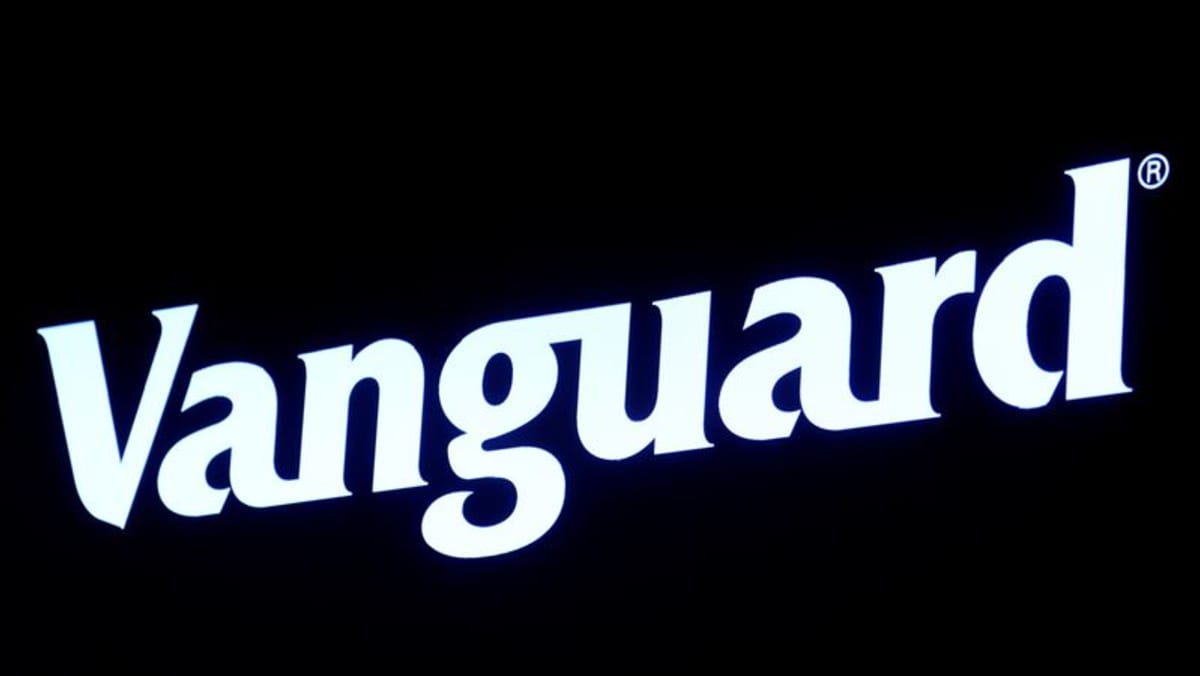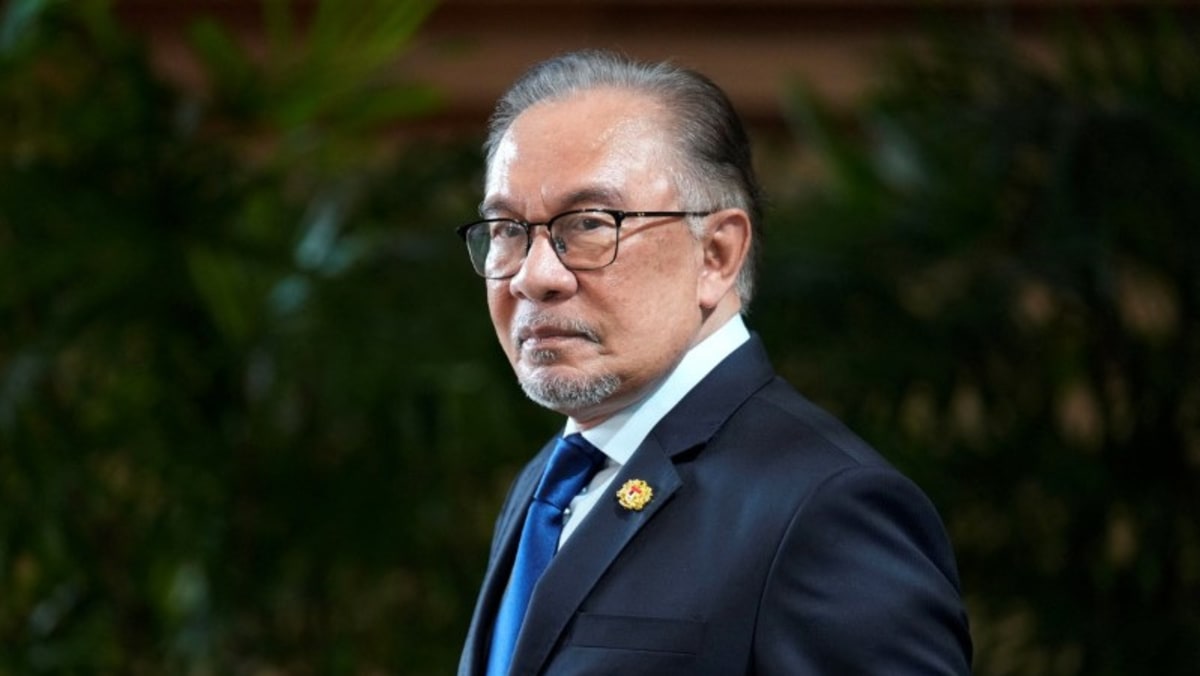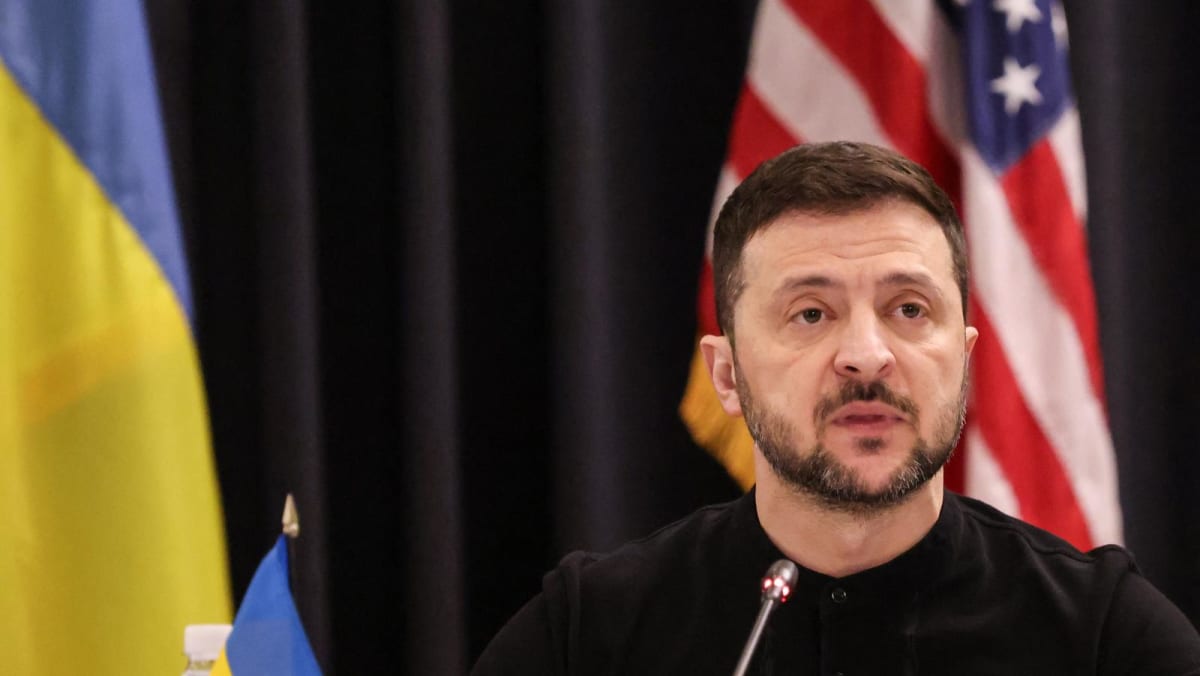A TEST OF DIPLOMATIC SKILLS
When it comes to diplomacy, Malaysia is middle-power, and Anwar a medium-weight whose diplomatic skills have yet to materialise in something more than world tours and investment promises. His diplomatic acumen will soon be tested with his chairmanship of the Association of Southeast Asian Nations (ASEAN).
Anwar has long grappled with a complex legacy. Once a firebrand student activist who co-founded the Muslim Youth Movement of Malaysia in 1971, his departure from the Islamic movement, particularly after aligning with Mahathir Mohamad’s administration in the 1980s, has left him estranged from segments of his conservative constituency.
Two stints in jail for sexual offence charges – which Anwar has long claimed were politically motivated – nevertheless compounded a perception of betrayal among the more conservative crowds.
The shifting dynamics in Syria could offer Anwar an opportunity to reclaim his standing within the global and Malaysian Muslim communities, by advocating for a new governance model that resonates with moderate Islamic principles.
Anwar has made more than a dozen high-profile trips to the Middle East since assuming office in November 2022. While these visits have bolstered Malaysia’s diplomatic presence, critics argue that Anwar’s foreign focus has come at the expense of addressing pressing domestic issues.
To address these concerns, Anwar must deliver tangible results from his diplomatic engagements. One way to do so is by building a constructive relationship with Syria’s emerging leadership.
The United States and the United Nations have already sent envoys to forge ties with Syria’s new leadership, signalling a shift in geopolitical strategy amid the remnants of Assad’s regime.
Meanwhile, while France and Germany’s foreign ministers have also met Syria’s new leaders, European nations remain cautious about aligning too closely with Islamic factions once labelled a terrorist organisation.
For Anwar, this presents an opportunity to promote stability in Syria while championing a moderate Islamic narrative. His historical ties to these movements, while forging a strong relationship to Western powers, could position him as a principal interlocutor, helping bridge divides while advocating for stability and humanitarian considerations in a politically fragmented region.
Moreover, Anwar’s potential relationship with Syria’s new leadership could hold significance in the broader context of the ongoing Gaza conflict. Establishing an ally in the region could give him strategic leverage as Malaysia seeks to position itself as a leader among Muslim-majority nations.













